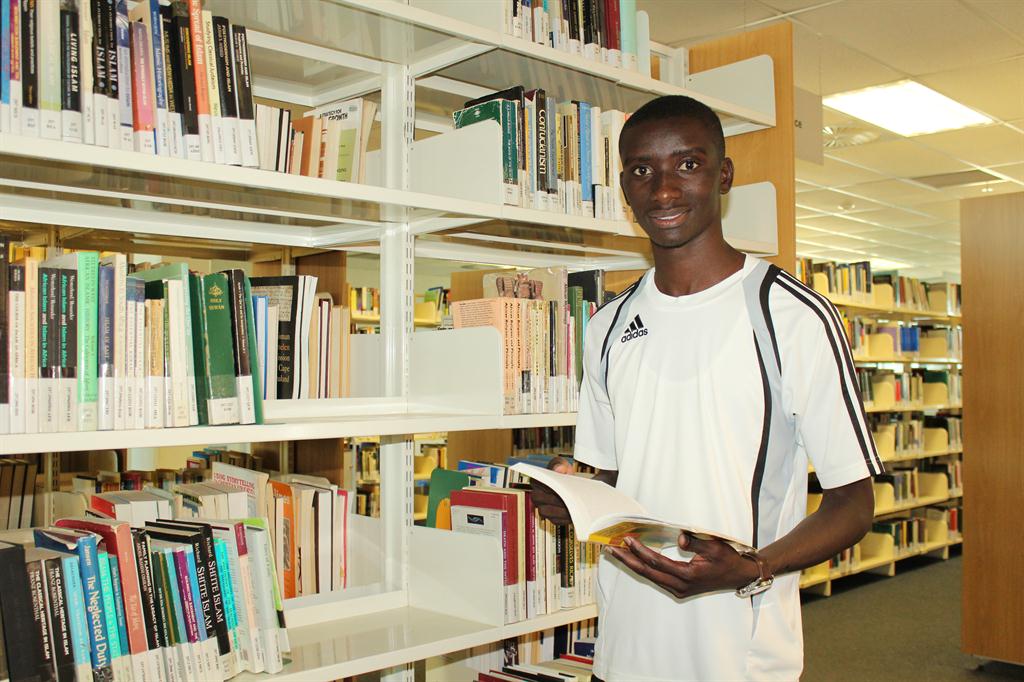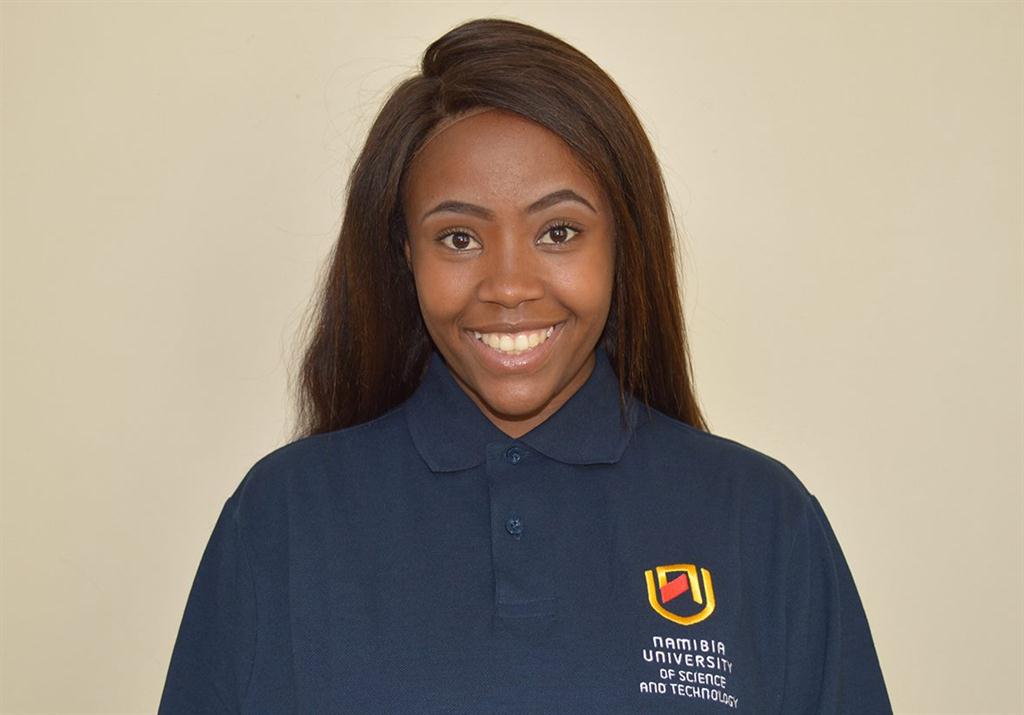First-year survival kit
With winter school and preparations for supplementary examinations in full swing, The Zone spoke to seasoned university students about the best coping methods for those who failed their first semester exams.
Tunohole Mungoba
According to university graduates, tertiary studies are never an easy ride.
One has to experience a few bumps and glitches before successfully walking out of a university with your hard-earned degree.
Many first-year university students can attest to this fact, as they confront the spectre of having failed a few modules in their first semester.
They will now be forced to write a supplementary examination or repeat the module.
Namibia University of Science and Technology (Nust) SRC president, Marvellous Shilongo, says the most important thing for first-year students to remember is that university and high school are not the same thing. “University requires another level of thinking. If you are one of those learners that memorises your notes during your study sessions, you will not cope at university. Always try your best to think outside the box,” she urged.
Shilongo says failure does not mean the end of your life.
“It just simply means it (your life) has been put on hold for a while.”
She, however, says it should not become a norm for students to get comfortable with writing supplementary exams.
“Some people opt to skip the first exam and sit for the second opportunity exams, because they have more time to study, which is fine. Our institution offers help to any of our students who struggle with exams,” said Shilongo.
She listed a lack of taking responsibility as one of the factors which can lead students failing at university.
“Many students who were at schools that didn’t teach them responsibility and who were spoon-fed really struggle. It is really important to note that university involves a lot of freedom. A learner that passed with 25 points in five subjects could perform better than a learner who passed with 50 points in five subjects (at school). It all boils down to responsibility,” she said.
Nust provides the opportunity to struggling students to make use of the mathematics and science tutorial centre on campus and they are also welcome to sit in during distance learning lessons.
“It is absolutely free. We have the best science and mathematics students who help during these tutorial classes.”
Shilongo urged students to speak to campus counsellors and see if they need any psychological help. “Graduating is very important, but it should never consume you. If you feel you are slowly getting depressed, you should always remember to take a break.”
University of Namibia SRC president Tuhafeni Kalola says the institution offers winter and summer schools. However, not everyone qualifies for the winter school.
According to university graduates, tertiary studies are never an easy ride.
One has to experience a few bumps and glitches before successfully walking out of a university with your hard-earned degree.
Many first-year university students can attest to this fact, as they confront the spectre of having failed a few modules in their first semester.
They will now be forced to write a supplementary examination or repeat the module.
Namibia University of Science and Technology (Nust) SRC president, Marvellous Shilongo, says the most important thing for first-year students to remember is that university and high school are not the same thing. “University requires another level of thinking. If you are one of those learners that memorises your notes during your study sessions, you will not cope at university. Always try your best to think outside the box,” she urged.
Shilongo says failure does not mean the end of your life.
“It just simply means it (your life) has been put on hold for a while.”
She, however, says it should not become a norm for students to get comfortable with writing supplementary exams.
“Some people opt to skip the first exam and sit for the second opportunity exams, because they have more time to study, which is fine. Our institution offers help to any of our students who struggle with exams,” said Shilongo.
She listed a lack of taking responsibility as one of the factors which can lead students failing at university.
“Many students who were at schools that didn’t teach them responsibility and who were spoon-fed really struggle. It is really important to note that university involves a lot of freedom. A learner that passed with 25 points in five subjects could perform better than a learner who passed with 50 points in five subjects (at school). It all boils down to responsibility,” she said.
Nust provides the opportunity to struggling students to make use of the mathematics and science tutorial centre on campus and they are also welcome to sit in during distance learning lessons.
“It is absolutely free. We have the best science and mathematics students who help during these tutorial classes.”
Shilongo urged students to speak to campus counsellors and see if they need any psychological help. “Graduating is very important, but it should never consume you. If you feel you are slowly getting depressed, you should always remember to take a break.”
University of Namibia SRC president Tuhafeni Kalola says the institution offers winter and summer schools. However, not everyone qualifies for the winter school.








Comments
Namibian Sun
No comments have been left on this article